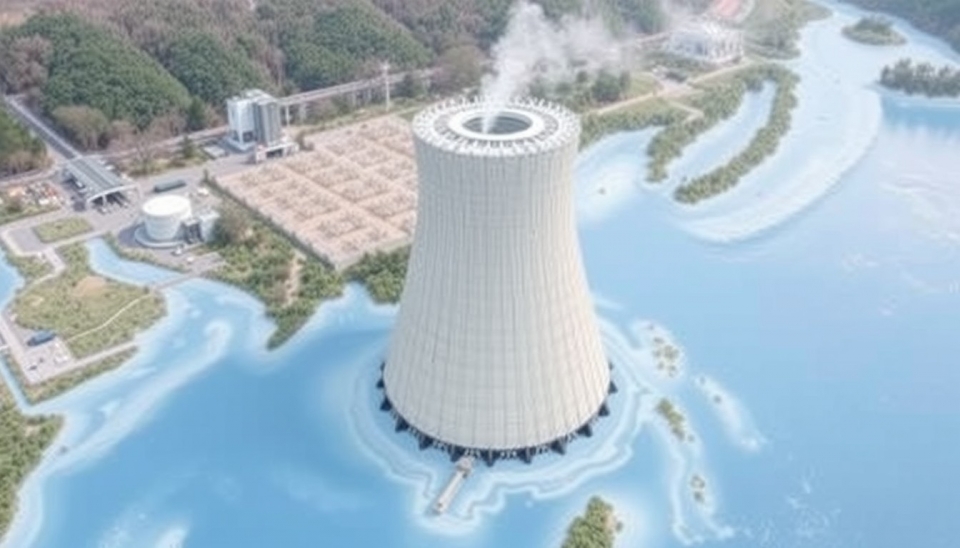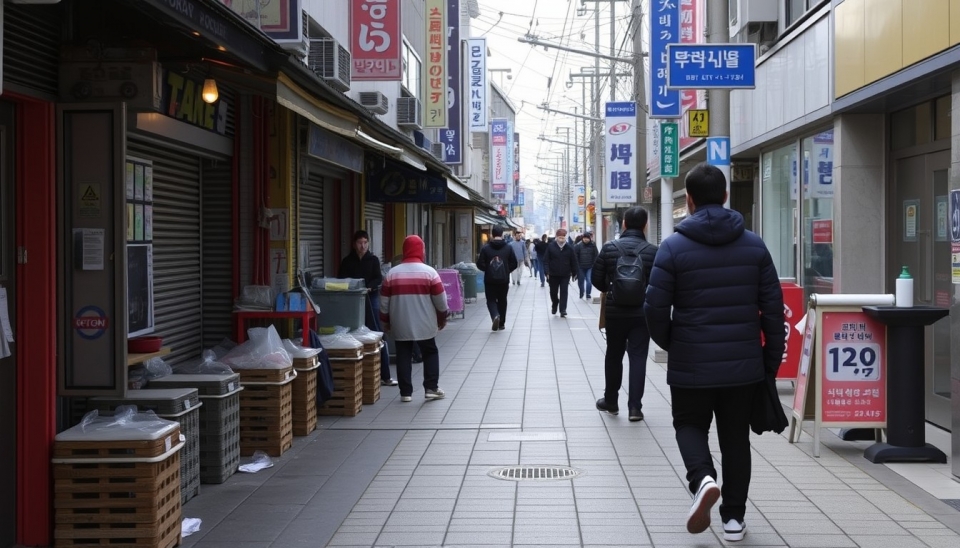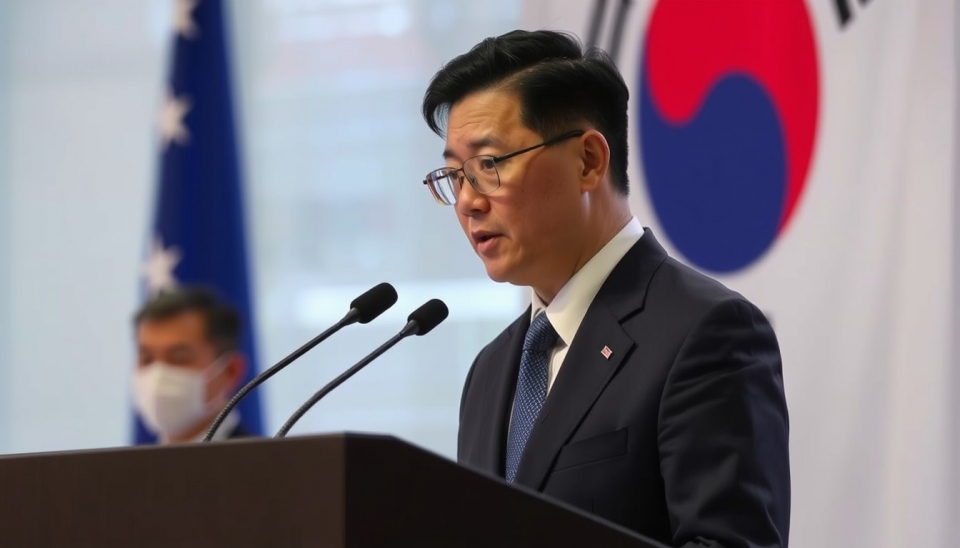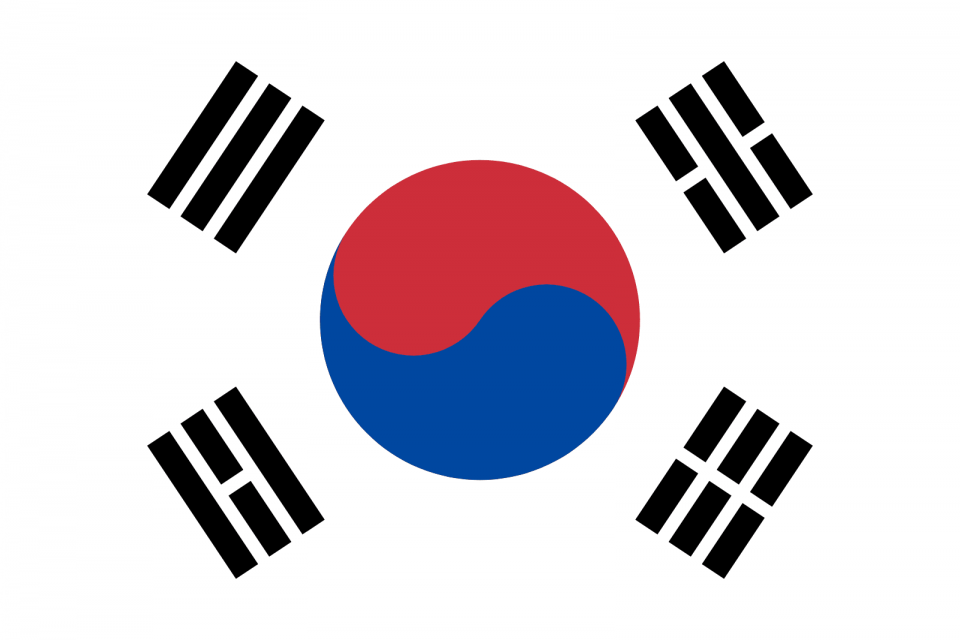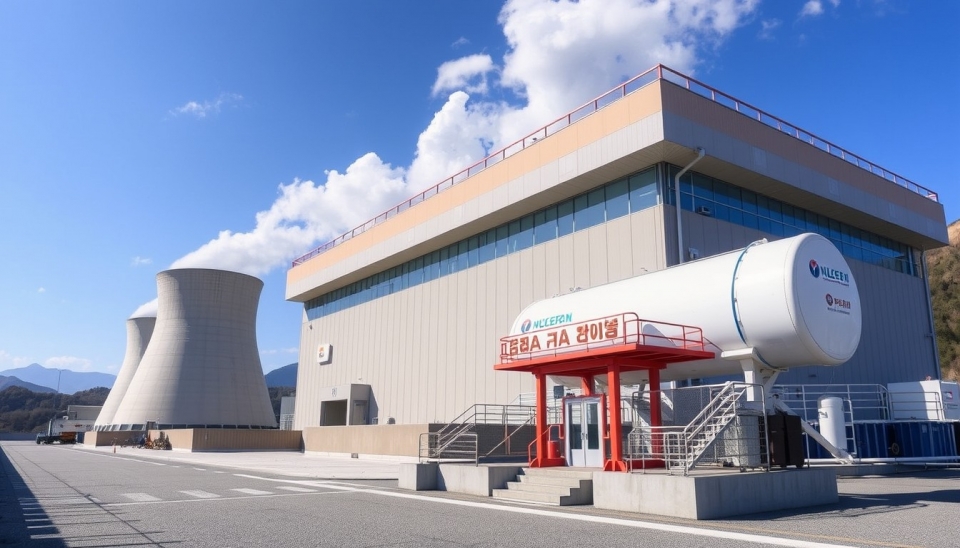South Korea's Inflation Slows, Supporting Case for Rate Cuts

Recent data has shown that inflation rates in South Korea continue to decline, which could support a potential cut in interest rates in the country. In August of this year, the annual inflation rate was recorded at just 1.3%, significantly lower than economists’ forecast of 1.5%. This marks the lowest figure observed since December 2020.
The decreasing pace of inflation is occurring amid an acknowledgment among economic analysts that the central bank may be nearing the end of its cycle of interest rate hikes. This month, the Bank of Korea held a meeting to discuss possible policy steps in light of the current situation.
It is also worth noting that factors such as stable food prices and reduced energy costs have influenced the decline in inflation. In particular, the prices of meat and vegetables have seen slight increases, but the overall effect of these changes has been positive for consumer prices.
Some economists predict that further reductions in inflation may necessitate a cut in loan rates. If this occurs, it could provide an additional boost to economic growth and consumer spending, which are crucial for the economy's recovery from the pandemic-driven downturn.
Despite these positive changes, there are several factors that could impact future economic forecasts. In particular, shifts in the global economy and potential external shocks could affect the market and price levels in South Korea.
Thus, one can look to the future of the country's economy with a measure of optimism, considering all factors affecting inflation and interest rates.
#SouthKorea #inflation #ratecuts #economy #BankOfKorea #financialmarket #stability #economicgrowth
